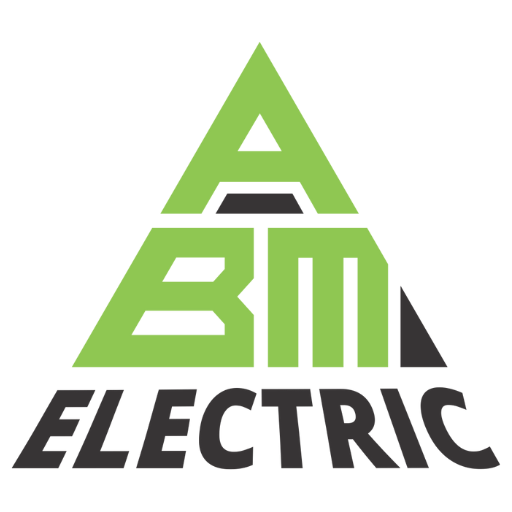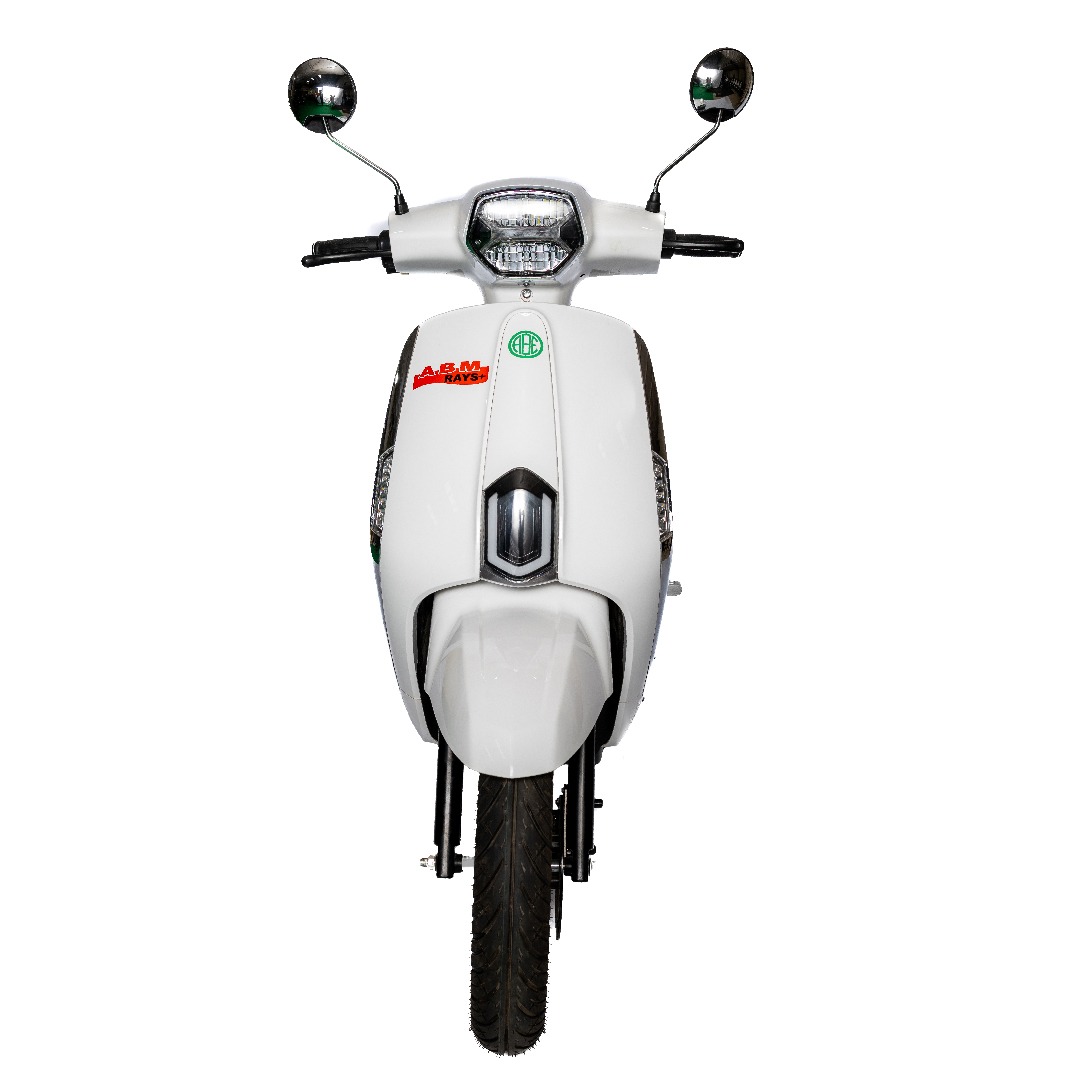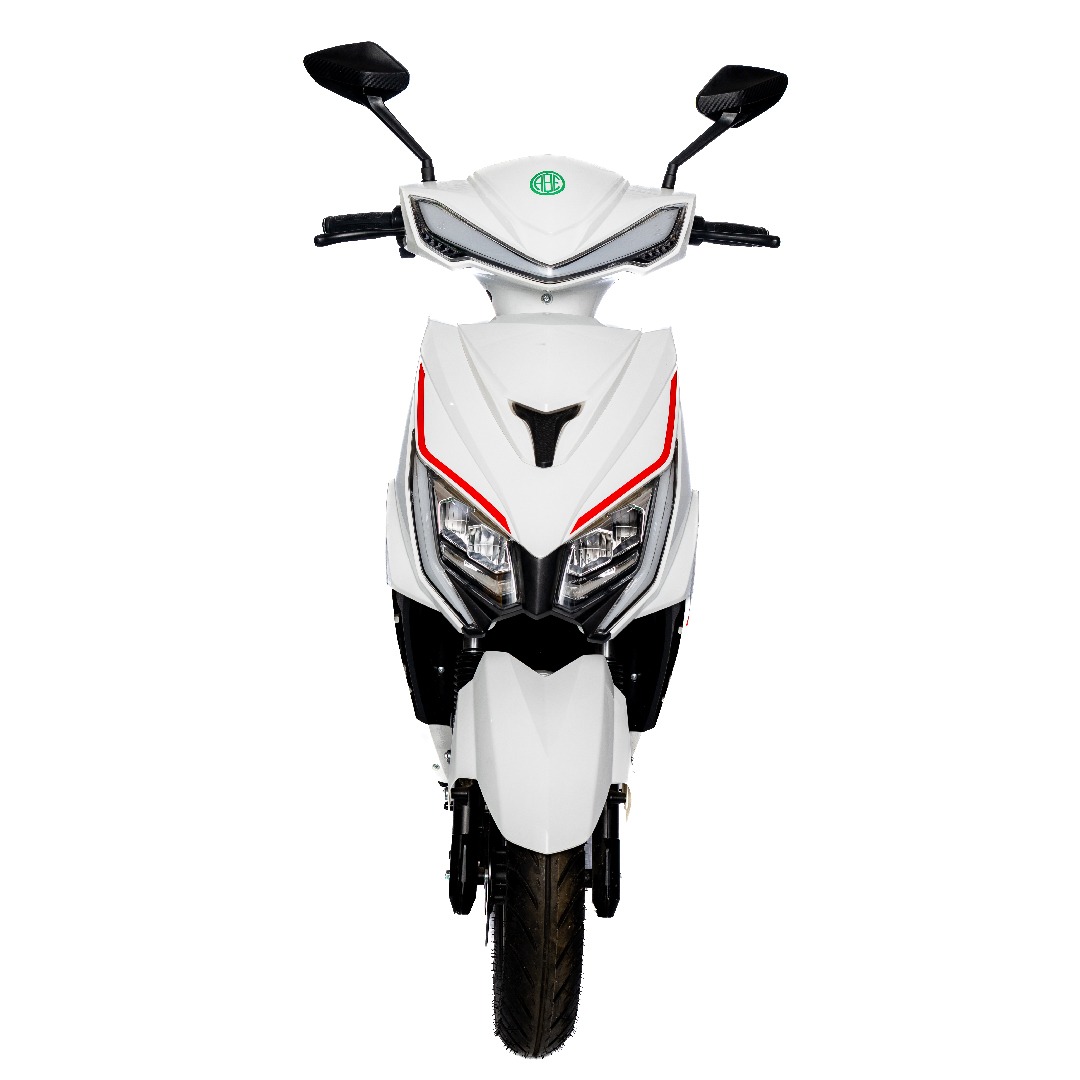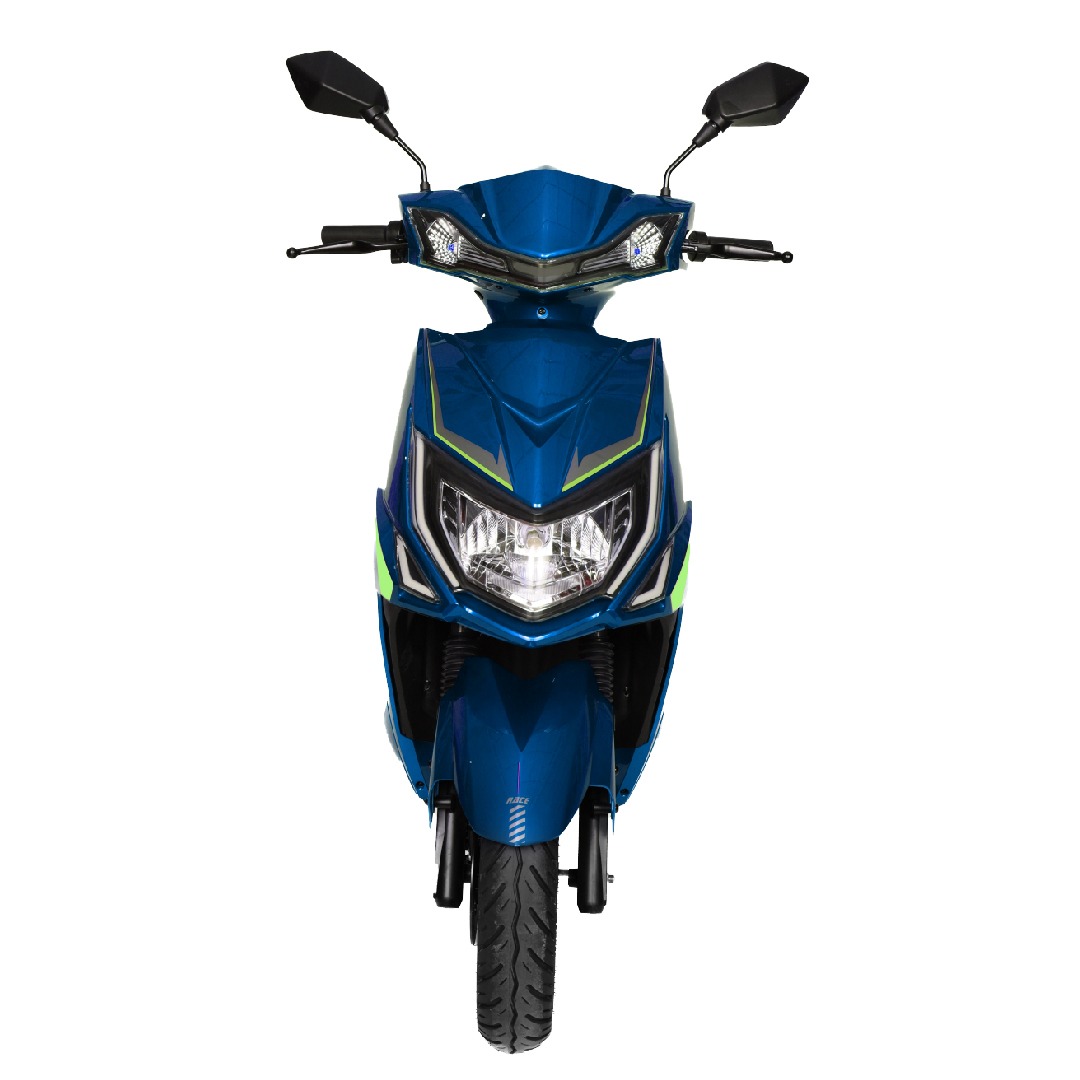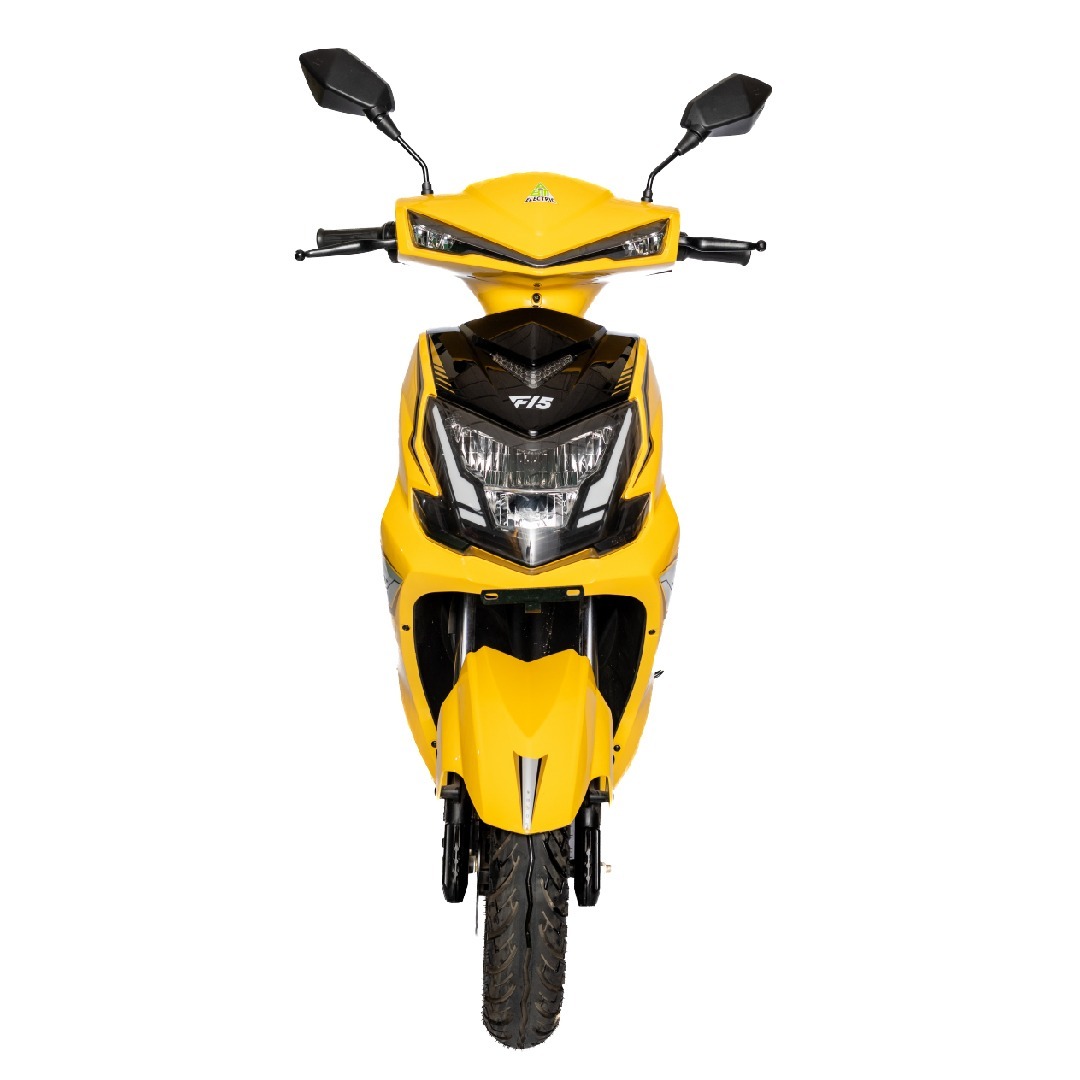The Rise of EV Scooters: Revolutionizing Urban Mobility
Electric scooters have taken the world by storm, becoming a popular mode of transportation in many urban areas. Their rise is attributed to the need for more sustainable, cost-effective, and efficient ways to navigate crowded city streets. In this blog, we’ll explore the various aspects of EV scooters, including their history, benefits, types, key components, buying guide, and future trends. Let’s delve into the electrifying world of electric scooters.
A Brief History of Electric Scooters
Electric scooters are not a new invention; their concept dates back to the late 19th and early 20th centuries. The first electric scooters were essentially motorized kick scooters, designed for short distances and limited to slow speeds. Over the decades, technological advancements in batteries and motors have significantly improved their performance, making them a viable alternative to traditional gasoline-powered vehicles.
Early Developments
– 1895: Ogden Bolton Jr. patented a battery-powered bicycle, which laid the groundwork for electric two-wheelers.
– 1919: Autoped introduced the first commercial electric scooter, although it was more like a motorized kick scooter.
– 1990s: The development of rechargeable batteries and compact motors led to the resurgence of interest in electric scooters.
Modern Era
The modern electric scooter, as we know it today, started gaining popularity in the early 2000s, with brands like Razor pioneering the market. These scooters were initially popular among kids and teens, but their potential for adult commuters soon became apparent.
Benefits of Electric Scooters
Electric scooters offer numerous advantages over traditional modes of transportation. Here are some key benefits:
1. Eco-Friendly
Electric scooters produce zero emissions, making them an environmentally friendly alternative to gasoline-powered vehicles. They help reduce air pollution and contribute to cleaner urban environments.
2. Cost-Effective
Owning and maintaining an electric scooter is significantly cheaper than a car or motorcycle. There are no fuel costs, and electric scooters typically have lower maintenance expenses due to fewer moving parts.
3. Convenience and Flexibility
Electric scooters are lightweight and portable, allowing you to navigate through traffic, avoid parking hassles, and even carry them into buildings. Many models also feature foldable designs for easy storage.
4. Efficient Commuting
Riding an electric scooter can be a fun and efficient way to travel short distances. With speeds ranging from 15 to 30 mph, electric scooters can quickly get you to your destination without the stress of driving or public transportation.
5. Health Benefits
While electric scooters do most of the work for you, they still require balance and some physical activity, which can contribute to overall health and fitness.
Types of Electric Scooters
Electric scooters come in various designs and specifications to cater to different needs and preferences. Here are some common types:
1. Commuter Scooters
Designed for everyday use, commuter scooters are lightweight, portable, and often foldable. They typically have a range of 10-25 miles per charge, making them ideal for short to medium-distance travel.
2. Off-Road Scooters
Off-road scooters are built for rugged terrain and outdoor adventures. They feature larger wheels, robust suspension systems, and more powerful motors to handle rough paths and inclines.
3. Performance Scooters
For those seeking speed and power, performance scooters offer higher top speeds and longer ranges. These scooters are equipped with more powerful motors and larger batteries, making them suitable for longer commutes and higher-speed travel.
4. Lightweight Scooters
Ideal for short distances and easy portability, lightweight scooters are compact and easy to carry. They are perfect for last-mile commutes or quick trips around the neighborhood.
Key Components of Electric Scooters
Understanding the key components of electric scooters can help you make an informed decision when purchasing one. Here are the essential parts:
1. Motor
The motor is the powerhouse of the scooter, responsible for its speed and acceleration. Motors are usually rated in watts, with higher wattage indicating more power and better performance on inclines.
2. Battery
The battery stores the electrical energy that powers the scooter. Lithium-ion batteries are the most common due to their high energy density and long lifespan. Battery capacity, measured in amp-hours (Ah), determines the scooter’s range.
3. Controller
The controller regulates the power flow from the battery to the motor, ensuring smooth acceleration and control. It acts as the brain of the scooter, managing various electrical components.
4. Throttle
The throttle allows the rider to control the scooter’s speed. It can be a twist grip, thumb lever, or finger trigger, depending on the scooter’s design.
5. Brakes
Electric scooters are equipped with various braking systems, including disc brakes, drum brakes, and regenerative brakes. Effective braking is crucial for safety and control.
6. Suspension
Suspension systems, found on some electric scooters, absorb shocks and provide a smoother ride, especially on rough terrain.
7. Wheels and Tires
Wheels and tires affect the scooter’s stability, traction, and ride comfort. Pneumatic tires offer better shock absorption, while solid tires are puncture-resistant and low-maintenance.
How to Choose the Right Electric Scooter
Selecting the right electric scooter involves considering several factors to match your needs and preferences. Here’s a comprehensive buying guide:
1. Purpose and Usage
Determine how you plan to use the scooter. If you need it for daily commuting, look for a model with a decent range and comfortable ride. For off-road adventures, consider a scooter with a robust build and powerful motor.
2. Range
Consider the scooter’s range, which is the distance it can travel on a single charge. If you have a long commute, opt for a scooter with a higher battery capacity.
3. Speed
Different scooters offer varying top speeds. Ensure that the scooter’s speed capabilities match your requirements, especially if you need to keep up with traffic or cover distances quickly.
4. Weight and Portability
If you need to carry the scooter on public transportation or store it in a small space, choose a lightweight and foldable model.
5. Build Quality and Durability
Check the scooter’s build quality, including the frame, wheels, and overall construction. Durable materials and robust design ensure longevity and reliability.
6. Safety Features
Look for scooters with essential safety features such as effective braking systems, lights, and reflectors. Some models also offer additional safety features like anti-lock brakes and integrated turn signals.
7. Price
Electric scooters are available in a wide price range. Set a budget and find a model that offers the best value for money without compromising on essential features.
Maintenance Tips for Electric Scooters
To ensure your electric scooter remains in top condition and delivers optimal performance, regular maintenance is essential. Here are some tips:
1. Keep the Battery Charged
Avoid letting the battery fully discharge before recharging. Regularly top up the battery to extend its lifespan and maintain performance.
2. Check Tire Pressure
Maintain the recommended tire pressure to ensure a smooth ride and prevent premature wear. Regularly inspect tires for damage or wear and replace them as needed.
3. Inspect Brakes
Regularly check the brakes for wear and tear. Replace brake pads if they are worn down, and ensure that the braking system functions correctly.
4. Clean the Scooter
Keep your scooter clean and free from dirt, dust, and debris. Use a damp cloth to wipe down the scooter, avoiding water on electrical components.
5. Tighten Loose Bolts
Regularly inspect and tighten any loose bolts or screws to ensure the scooter remains secure and safe to ride.
6. Follow the Manufacturer’s Maintenance Schedule
Adhere to the maintenance schedule and guidelines provided by the scooter’s manufacturer. Regular servicing can prevent potential issues and prolong the scooter’s lifespan.
The Future of Electric Scooters
The future of electric scooters looks promising, with ongoing advancements in technology and increasing adoption worldwide. Here are some trends to watch out for:
1. Improved Battery Technology
Research and development in battery technology are likely to result in batteries with higher energy densities, faster charging times, and longer lifespans, making electric scooters even more efficient and convenient.
2. Integration with Smart Technologies
Future electric scooters may feature advanced connectivity options, including smartphone integration, GPS tracking, and remote diagnostics, enhancing the overall user experience.
3. Enhanced Safety Features
Manufacturers are expected to incorporate more sophisticated safety features such as collision detection, automatic braking systems, and enhanced lighting systems to ensure rider safety.
4. Expansion of Shared Scooter Programs
Shared electric scooter programs are expanding in cities worldwide, offering a convenient and eco-friendly alternative to traditional transportation. These programs are likely to grow, with improvements in fleet management and user experience.
5. Sustainability Initiatives
As environmental concerns continue to rise, electric scooter manufacturers are focusing on sustainability. This includes using recyclable materials, implementing eco-friendly manufacturing processes, and promoting responsible disposal of old batteries.
Conclusion
Electric scooters have emerged as a game-changer in urban mobility, offering a sustainable, cost-effective, and convenient transportation solution. With various types, advanced features, and ongoing technological advancements, electric scooters cater to a wide range of needs and preferences. Whether you’re commuting to work, exploring the city, or enjoying a leisurely ride, electric scooters provide a fun and efficient way to get around. By understanding the key components, maintenance tips, and future trends, you can make an informed decision and fully embrace the electric scooter revolution.
